The best smartphones you can buy right now
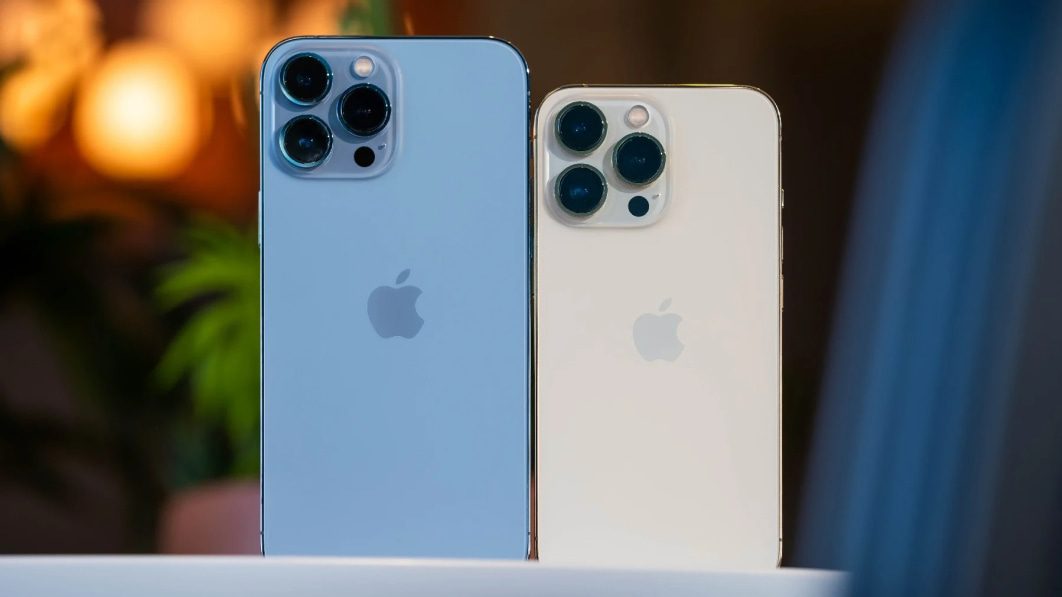
Choosing your next smartphone can be challenging. With so many brands offering similar features at similar prices, it can be hard to understand what device actually has the things you want. If you’ve already determined you only want an iPhone, your decision-making process is slightly easier. (And even then, Apple’s lineup offers more options than ever.) Those also considering Android will have even more options to choose from, and likely more questions. Do you want a camera that can zoom into subjects that are extremely far away, or do you want intuitive AI that can screen your incoming calls for you? Here at Engadget, we test smartphones all year round and can help you make sense of what’s available and what to look out for. And, of course, we’ve included our favorite phones to help you whittle down your shortlist.
Android or iOS?
Each OS has its pros and cons. Apple’s tight-knit ecosystem makes it super easy to share data between iPhones, iPads and Macs or seamlessly hand-off phone calls or music from one device to another. At the same time, you’re effectively locked in, as services like Apple Messages aren’t available on other platforms.
As for Android, there’s a much wider range of handsets from companies like Google, Samsung, Sony and more. However, Android phones don’t enjoy that same length of software support and often have lower trade-in values. In short, there’s no wrong answer. However, you will want to consider how your phone will fit in with the rest of your devices. So unless you’re really fed up with one OS and willing to learn another, it probably doesn’t make a lot of sense to switch from iOS to Android (or vice versa) – especially if everyone else in your household is using the same platform.
Cameras
Since people’s phones often pull double duty as their primary camera, figuring out what kind of photo tools you want is key. Nowadays, practically every phone can take a great picture in bright light. But if you want a long optical zoom, you’ll probably have to upgrade to a more expensive device like the S22 Ultra (which has 10x optical zoom), a Pixel 6 Pro (3x optical zoom) or an iPhone 13 Pro (3x optical zoom). (Note: The standard iPhone 13 doesn’t have a dedicated zoom lens.)
Cherlynn Low / Engadget
Mid-range phones often only have two rear cameras (a primary wide-angle lens and a secondary ultra-wide camera) and can sometimes struggle in low-light situations. Each phone maker also has various features that might be a better fit for your style, with Apple offering four different color presets on the iPhone 13 (warm, vibrant, cool and rich contrast), while Google’s Pixel 6 comes with neat tools like dedicated long exposure and action pan modes.
Will you get 5G or Wi-Fi 6?
The good news is that in 2022, most phones have at least 802.11ac Wi-Fi and support for one or more types of 5G connectivity. However, if you want the fastest wireless speeds you can get, it’s going to cost you a bit more. For example, on certain networks, mmWave 5G offers up to gigabit download speeds, less latency and better bandwidth. But mmWave 5G also requires more sophisticated (and pricier) modems, which means support for it is often missing from budget and mid-range handsets like the iPhone SE and Pixel 5a.
On the bright side, mmWave 5G isn’t as widely available as other versions of 5G, so depending on where you live and what network you’re on, you may not be missing out on much if you buy a phone that doesn’t support it. It’s a similar situation for Wi-Fi 6 and Wi-Fi 6e, which are available on a number of high-end devices, but harder to find on less expensive handsets. Wi-Fi 6 also requires you have to have a compatible router, so unless you know you need it or have a specific use case in mind, the lack of support for mmWave 5G or Wi-Fi 6E shouldn’t be a dealbreaker when looking for a new phone.
Other features to consider
Because not everyone agrees on what makes an ideal phone, you should think about any other specs that might be extra important for you. Mobile gamers will almost certainly appreciate the 120Hz refresh rates you get on phones like the Galaxy S22 or the iPhone 13 Pro. Alternatively, if long battery life is important, you’ll probably want to go with a larger iPhone or an Android phone with a battery that’s between 4,000 and 5,000 mAh in size. Meanwhile, if you find yourself juggling a lot of devices, it can be really nice to have a phone that supports reverse wireless charging, which on Samsung phones even lets you recharge the company’s Galaxy Watches.
Our picks
Best iOS smartphone: iPhone 13 Pro
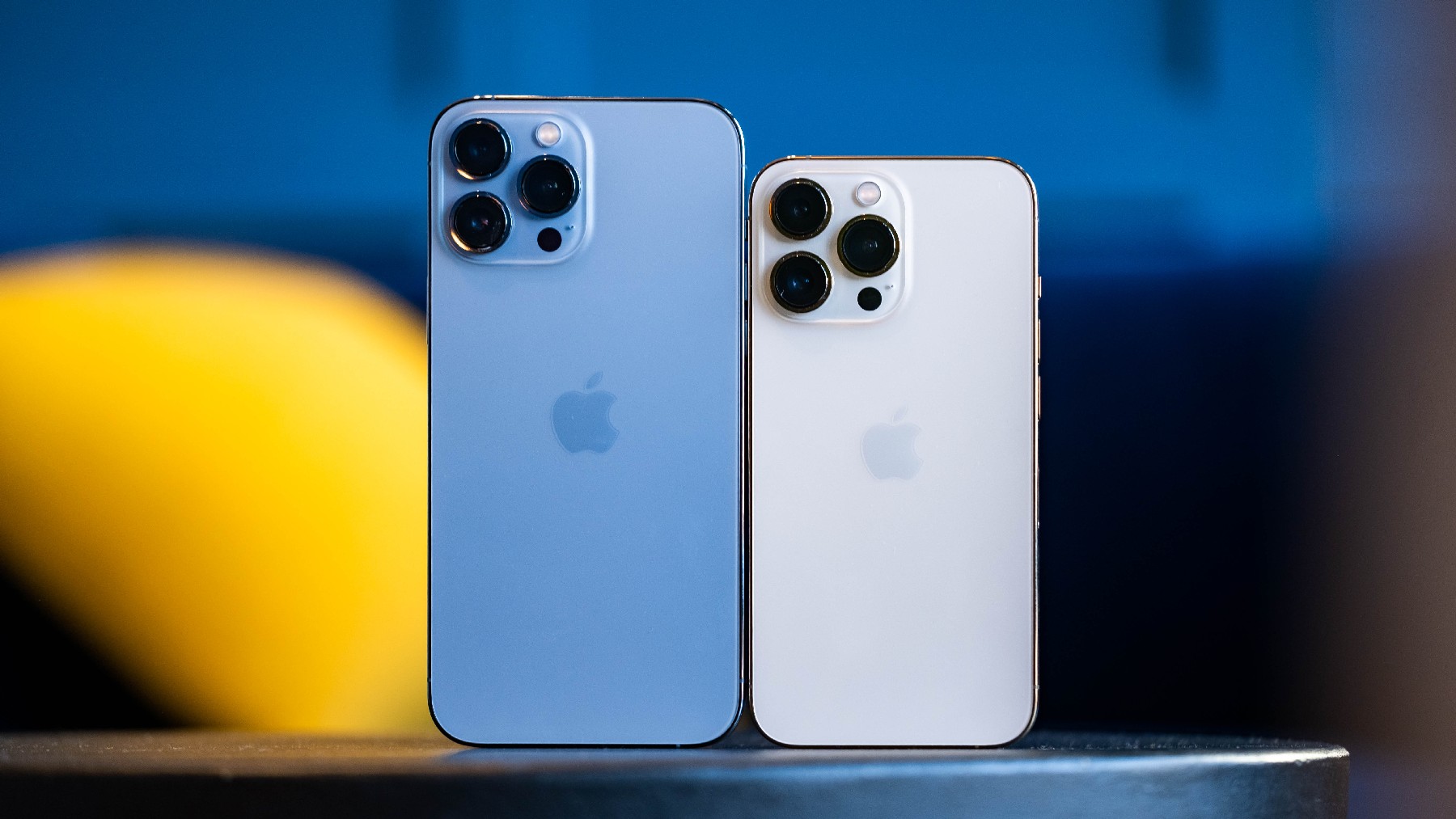
David Imel for Engadget
Picking the best iPhone is fairly easy. Of the current lineup, the iPhone 13 Pro offers the best balance of features, size and price. It has a fast-refreshing 120Hz ProMotion screen that makes scrolling a breeze, as well as a versatile camera system and great battery life. I prefer it to the Pro Max since the latter is an absolute anvil of a phone that will probably fracture your skull if it falls on your face. And though the Pro is heavier and pricier than the regular iPhone 13, the additional camera and faster screen is worth the extra money.
All the iPhone 13s are equipped with Apple’s capable A15 Bionic chip, which provides powerful performance. If you don’t need something as high-end as the Pro, consider the iPhone SE 2022, which also uses the same chip but costs a lot less. Though I’m a fan of the iPhone 13 mini’s compact size, I can’t recommend it to anyone looking for a daily driver that will last all day; its limited battery life means you’ll need to at least charge it again in the afternoon for it to stick around till you need to order that Uber at midnight. – Cherlynn Low, Deputy Editor
Buy iPhone 13 Pro at Apple starting at $999
Best Android smartphone: Samsung Galaxy S22 Ultra

Cherlynn Low / Engadget
As Samsung’s latest flagship phone and the spiritual successor to the Galaxy Note line, the Galaxy S22 Ultra has every feature power users and more mainstream shoppers could ever need. Its 10x optical zoom camera offers the longest reach you can get on a phone today, while its huge 6.8-inch 120Hz OLED screen makes everything look smooth and colorful. It also has IP68 dust and water resistance, not to mention durable Gorilla Glass Victus+ panels in front and back. And of course, there’s the built-in S-Pen, whose latency has dropped to just 2.8 milliseconds for 2022. This makes drawing, sketching and anything else you do with its stylus feel incredibly responsive. And, thanks to expanded support, Samsung’s Galaxy S will get at least four years of Android updates, which is longer than what Google has pledged for the Pixel 6. – Sam Rutherford, Senior Reporter
Buy Galaxy S22 Ultra at Samsung starting at $1,199
Best midrange Android smartphone: Google Pixel 5a
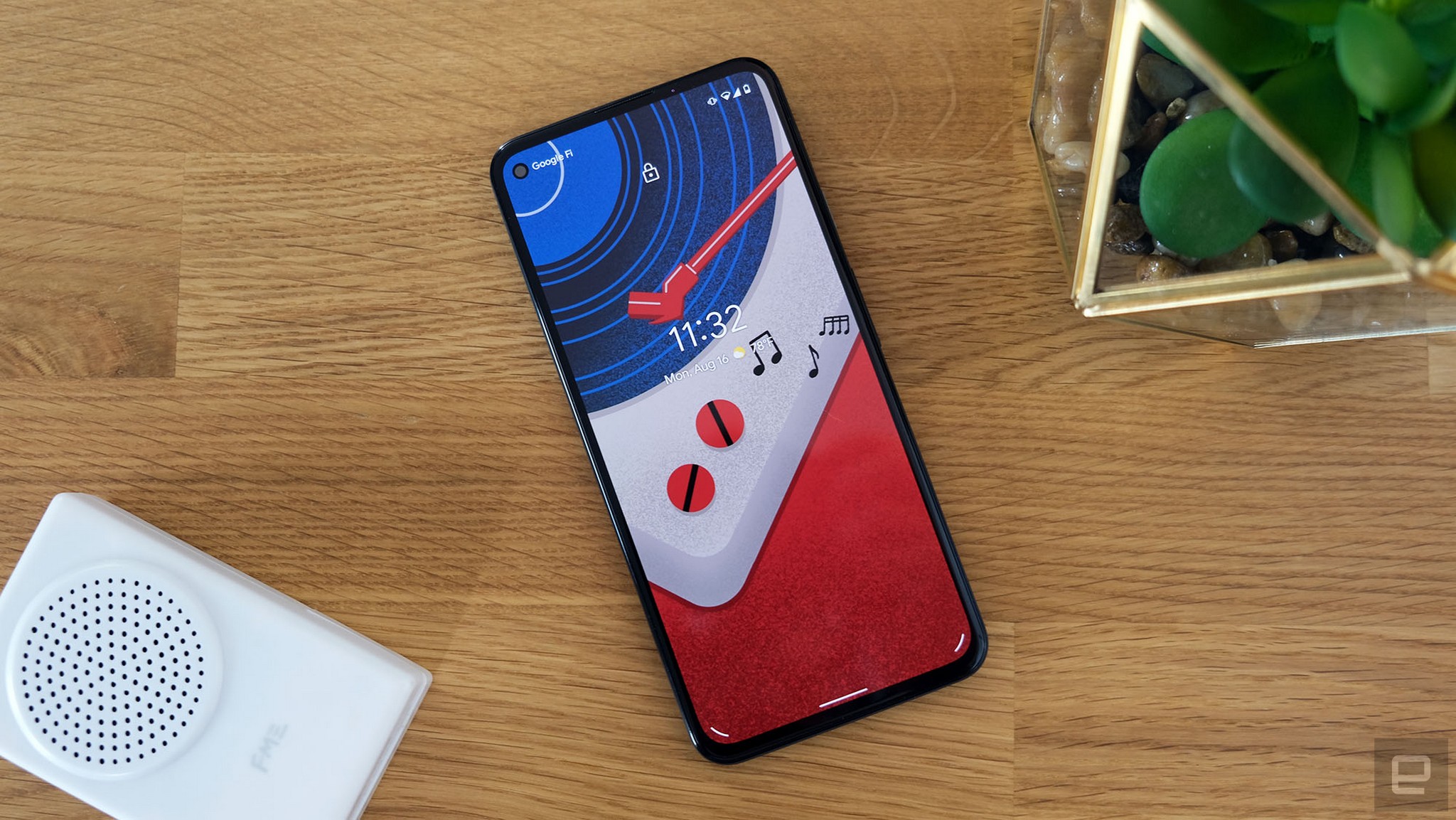
Terrence O’Brien / Engadget
If all you want is a simple, affordable and easy-to-use phone without any unnecessary bells and whistles, the Pixel 5a is the perfect choice. Starting at $459, the 5a features a colorful 6.34-inch OLED display, while Google’s excellent photo processing produces pics that match what you get from phones that cost twice as much. You also get super handy IP67 dust and water resistance, along with good performance thanks to Qualcomm Snapdragon 765G processor, 6GB of RAM and 128GB of storage. And, unlike a lot of other mid-range phones, the Pixel 5a enjoys strong software support, with Google promising regular Android and security updates until August 2024.
The main things you won’t get compared to more premium handsets are a dedicated telephoto lens, wireless charging and support for mmWave 5G (though you do get sub-6GHz). It’s worth noting that the Pixel 6a is around the corner, and it’ll use Google’s own Tensor chip that uses AI to improve photography, voice recognition and Material You. We’d need to test it to see how it performs in the real world before recommending it, but if you’re not in a hurry to get a new phone, it might be wise to wait for the Pixel 6a. – S.R.
Buy Pixel 5a at Amazon – $459
Best midrange iPhone: iPhone SE (2022)
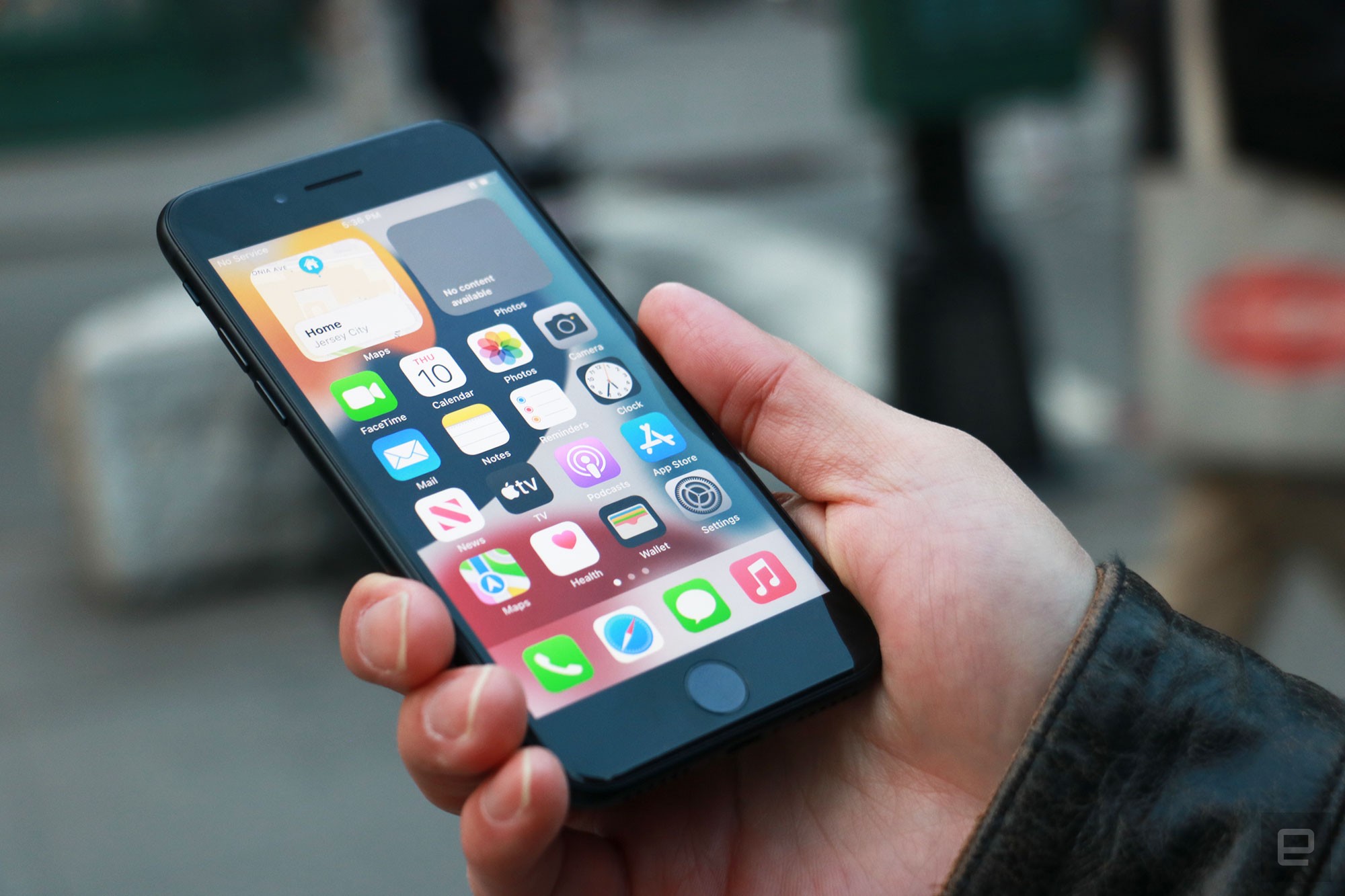
Cherlynn Low / Engadget
With an A15 Bionic chip and iOS 15, the latest iPhone SE is possibly the most powerful phone you can find for under $450. Sure, it has a dated design, but some folks might actually appreciate the retro look. The best thing about the iPhone SE is its home button: It’s the only new iPhone to have Touch ID. And though it only has a single rear camera, the SE still takes solid pictures. If you can get over the small, low-res screen, the iPhone SE will serve you well. It’s also really the only sub-$500 option for iOS diehards.
If you’re open to considering Android and want to spend less than $400, consider something from Samsung’s Galaxy A-series or the OnePlus Nord N20. Those looking to spend even less can check out the Moto G Power – just be prepared to compromise on features like display and cameras at lower prices. – C.L.
Buy iPhone SE at Apple starting at $429
Best camera on a smartphone: Pixel 6 Pro
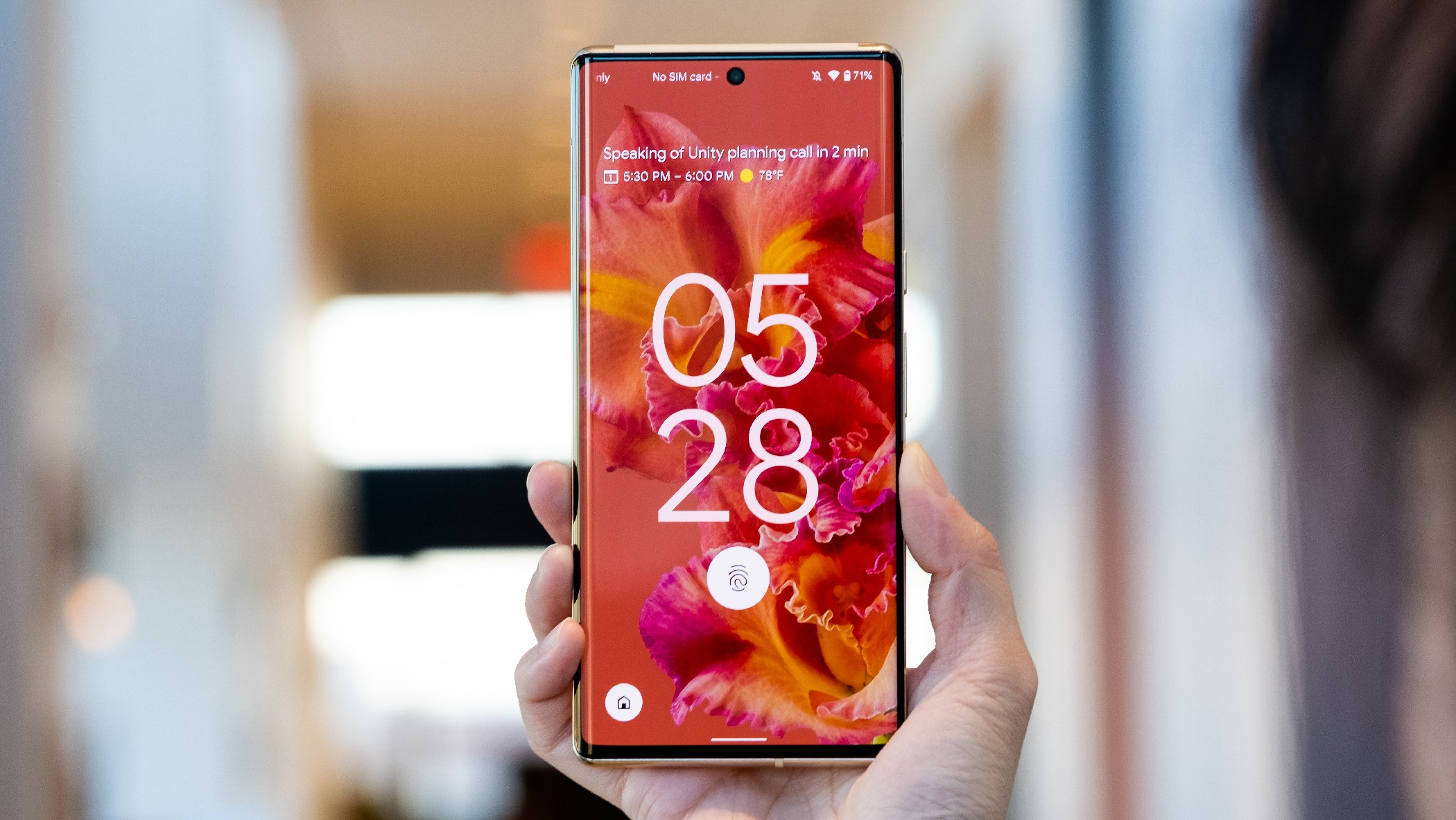
David Imel for Engadget
It’s hard for me to leave the house without the Pixel 6 Pro. As long as there’s a chance I might want to take photos, I make sure I’ve brought Google’s latest flagship. The Pixel 6 Pro’s triple rear camera system is versatile enough to capture anything from the largest group shots or wide landscapes to faraway animals (like that time I thought I spotted a whale when staring at a distant blob from Acadia National Park). Google’s Night Sight still outperforms the competition when taking pictures in low light, too, and its computational photography delivers clear, vivid photos.
Of course, Samsung and Apple’s flagships are closing the gap, and these days there is little difference between the photos they deliver. Some people might even prefer the warmer tint on Galaxy devices. But special features like Google’s Magic Eraser and Motion effects make the Pixel 6 Pro the most fun to shoot with. Plus, I love the additional tools you get on Pixels, like Call Screening, Material You theming and Live Captions, among others. The Pixel 6 Pro has some small flaws, including a quirky in-display fingerprint sensor and some early software bugs. But if you’re willing to put up with those issues, in exchange you’ll get the best camera experience around. – C.L.
Buy Pixel 6 Pro at Amazon – $899
Best foldable smartphone: Samsung Galaxy Z Fold 3
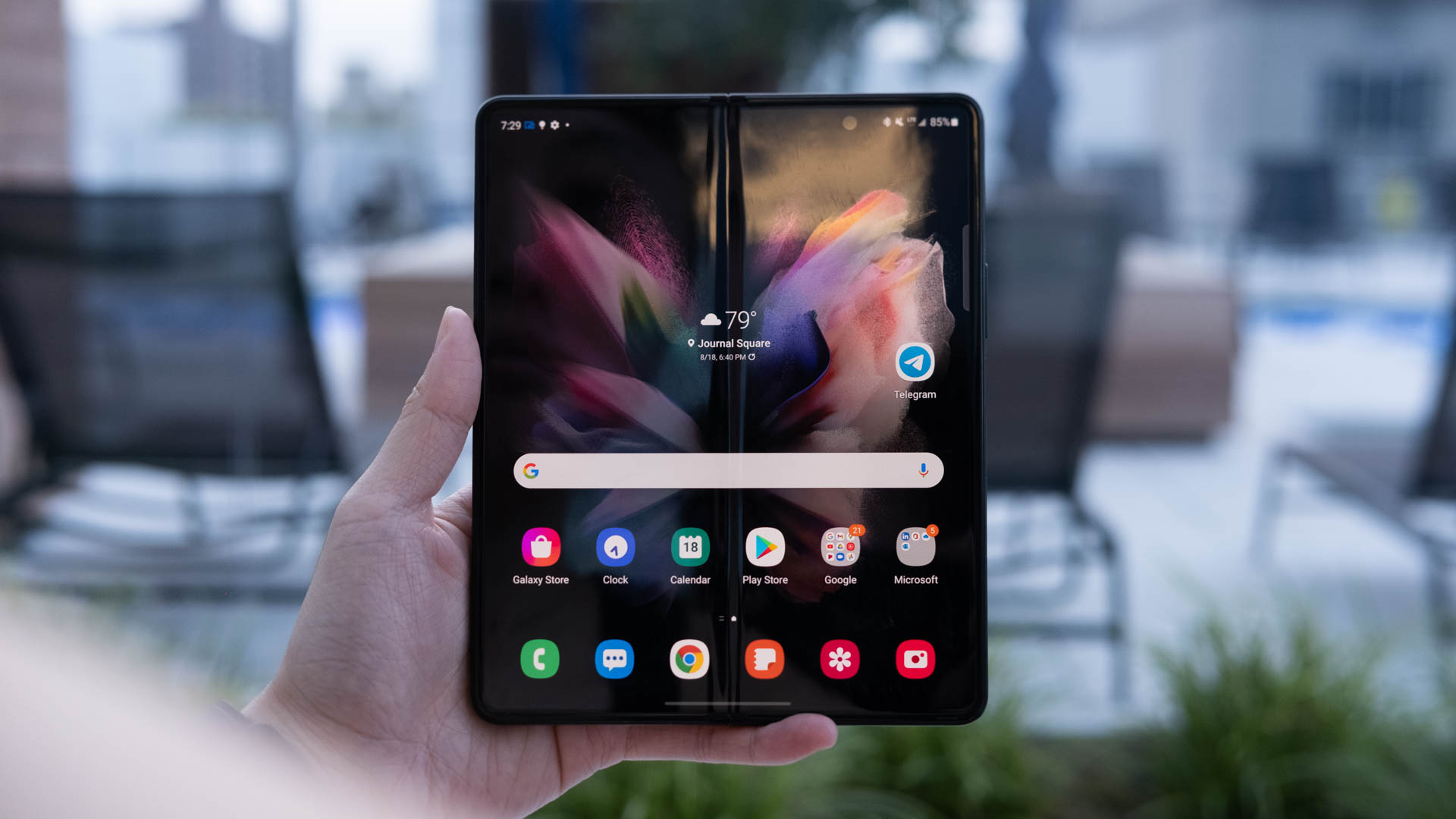
David Imel for Engadget
While you won’t find as many options for foldables in the west as you would in Asia, the Samsung Galaxy Z Fold 3 is widely available in Europe and North America and remains an excellent pick regardless of market. That’s because while its starting price of $1,800 definitely ain’t cheap, the Z Fold 3 has the ability to adjust to your needs. Its exterior cover screen makes it easy to quickly check notifications or a map when you’re on the go, while its huge 7.6-inch main screen delivers a more immersive video experience than practically any other phone out right now. You can even prop the phone on a table and use it as a mini tripod/camera combo.
On top of that, its OLED panel allows the phone to serve as an excellent gadget for reading comics or books, while stylus support lets you sketch or take handwritten notes with ease. (Just remember, the Z Fold 3’s S Pens are optional extras.) And thanks to its innovative hinge, the phone can switch between modes in a snap while still offering five feet of water resistance. In a lot of ways, the Z Fold 3 is a phone, a tablet and an e-reader – all rolled into a single device. Alternatively, if you’re intrigued by flexible screens but prefer something more compact, the $1,000 Z Flip 3 offers similar tech in a smaller device at a more approachable price. – S.R
Buy Galaxy Z Fold 3 at Samsung starting at $1,799



